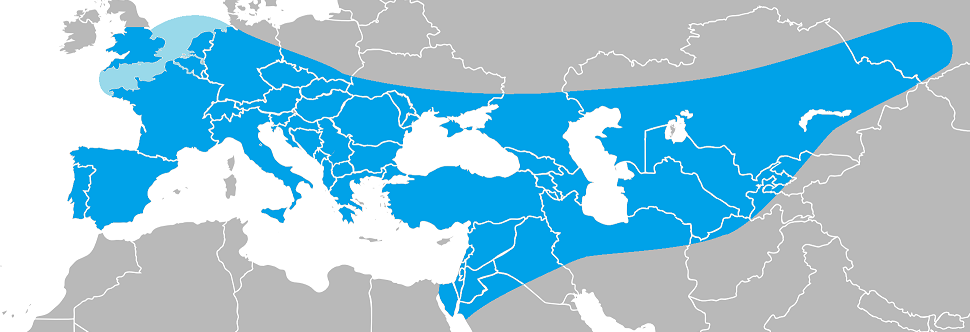Podcast: Play in new window

BOB HIRSHON (host):
Neandertals’ genetic legacy. I’m Bob Hirshon and this is Science Update.
Around 50,000 years ago, modern humans interbred with Neandertals. And even though the archaic hominins eventually died out, a tiny amount of their DNA still persists in people of Eurasian descent today. The genetic legacy includes risk factors for skin conditions, blood clotting disorders, and even depression, according to a study in Science magazine. But Vanderbilt University evolutionary geneticist Corinne Simonti says the findings don’t necessarily mean that Neandertals were depressed.
CORINNE SIMONTI (Vanderbilt University):
Just because Neandertal DNA impacts depression today doesn’t mean that’s what it did 50,000 years ago. Neandertals didn’t make us depressed; they influenced our risk for depression and other health-related traits. And, these studies can sort of give us clues to what happened in the past and how it affects us today.
HIRSHON:
I’m Bob Hirshon, for AAAS, the science society.
